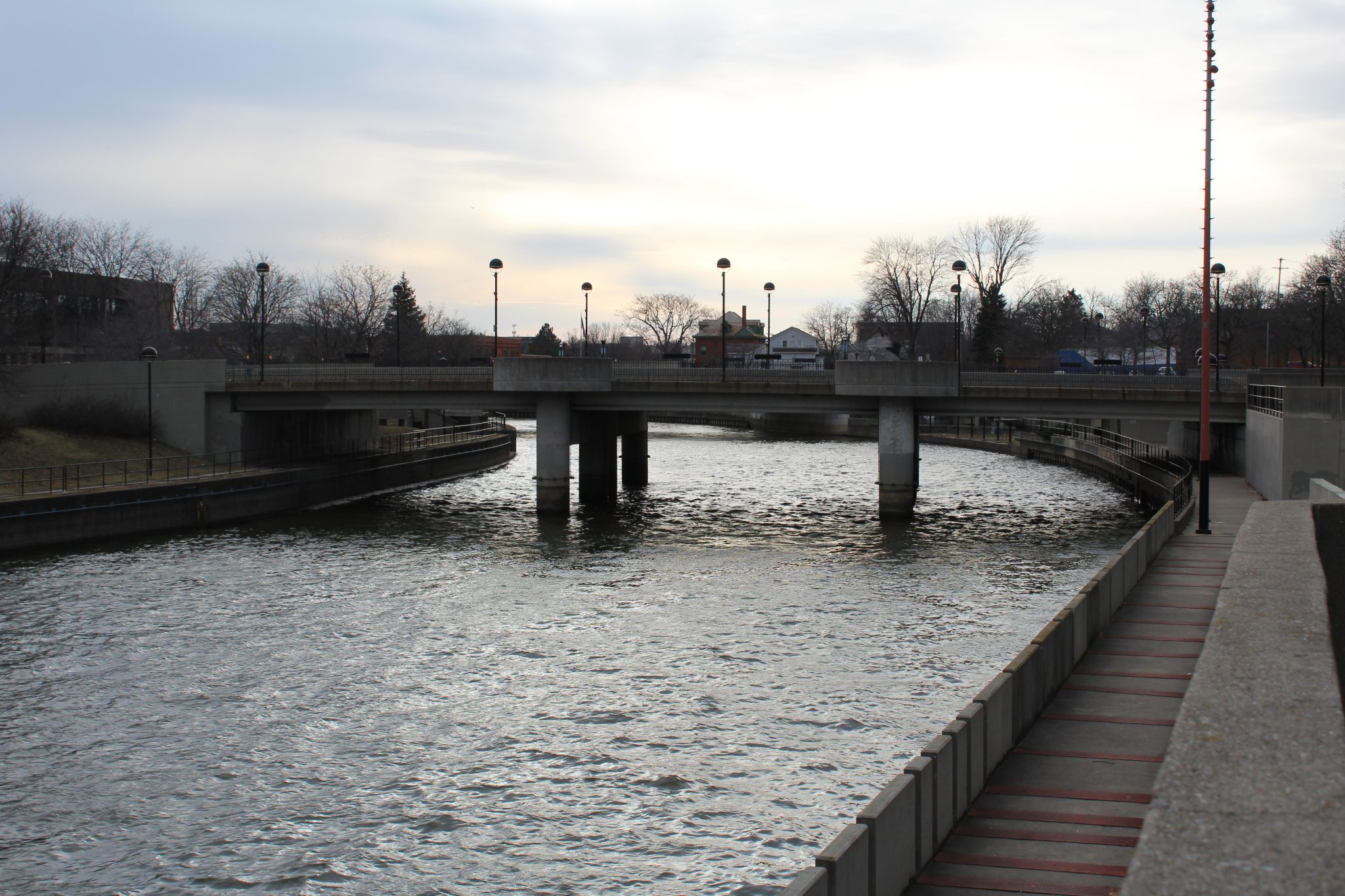What Will it Take to Adequately Invest in Infrastructure in Michigan?
Long underfunded, Michigan’s water infrastructure getting more attention after Flint crisis.

The Flint water crisis has sparked a nationwide conversation about infrastructure. Specifically, about the infrastructure we don’t always see: water, sewer and gas lines.
Those systems are crumbling, in need of millions of dollars of repairs and largely ignored by policymakers, according to Lance Binoniemi, vice president of government affairs at the Michigan Infrastructure and Transportation Association, who spoke with WDET’s Stephen Henderson on “Detroit Today.”
“We now have an opportunity to really look at the rest of the system in the state,” Binoniemi says. “Communities across the state and the nation are saying, ‘We don’t want that to occur in our community.’ We are starting to invest a little more and take a look at it.”
President Obama described the Flint situation as government’s responsibility during a visit early this month, and Democratic Presidential Candidates pushed Flint front and center during the campaigns in advance of Michigan’s March primary. Hillary Clinton characterized the water crisis “immoral” when she appeared at a Flint church in February, and Bernie Sanders called for Gov. Rick Snyder’s resignation. Earlier this year, Congressional representatives from three states visited the city as well.
But with cuts in recent years to the state’s revenue sharing, local governments have fewer dollars of their own to spend on infrastructure projects. “Some communities have invested and updated their systems, but not all communities have those resources,” Binoniemi says. “Some of those systems are over 100 years old and they’re not being repaired.”
Standing in the way is the availability of existing state funds and the reluctance of political leaders to implement new ways of paying for the work such as higher gas taxes and vehicle registration fees, he says.

“We have gotten away from the user-fee concept,” Binoniemi says. “We need to somehow raise user fees whether it’s at the local level, the state level or the federal level.”
A Public Sector Consultants Inc. report, completed for the Okemos-based Michigan Infrastructure and Transportation Association, found Michigan’s drinking water infrastructure is underfunded annually between $284 million and $583 million, an estimate that does not include Flint work.
“Those number are probably a very conservative estimate,” Binoniemi says. “Communities don’t have the resources to even understand what they have underground let alone the resources needed to invest in those systems.”
National organizations have used the Flint example to advocate for more attention and funding for infrastructure. The Brookings Institution published “Flint Water Crisis Highlight Need for Infrastructure Investment and Innovation,” and Brookings’ Joe Kane appeared on WDET’s Detroit Today to discuss the abilities and limit of the federal government’s power in addressing local needs.
“It’s easy to ignore until there is a problem,” Binoniemi says. “This Flint water crisis has reached every mother and father, every person in the state on an emotional level.”
To hear the full conversation, click on the audio link above.
